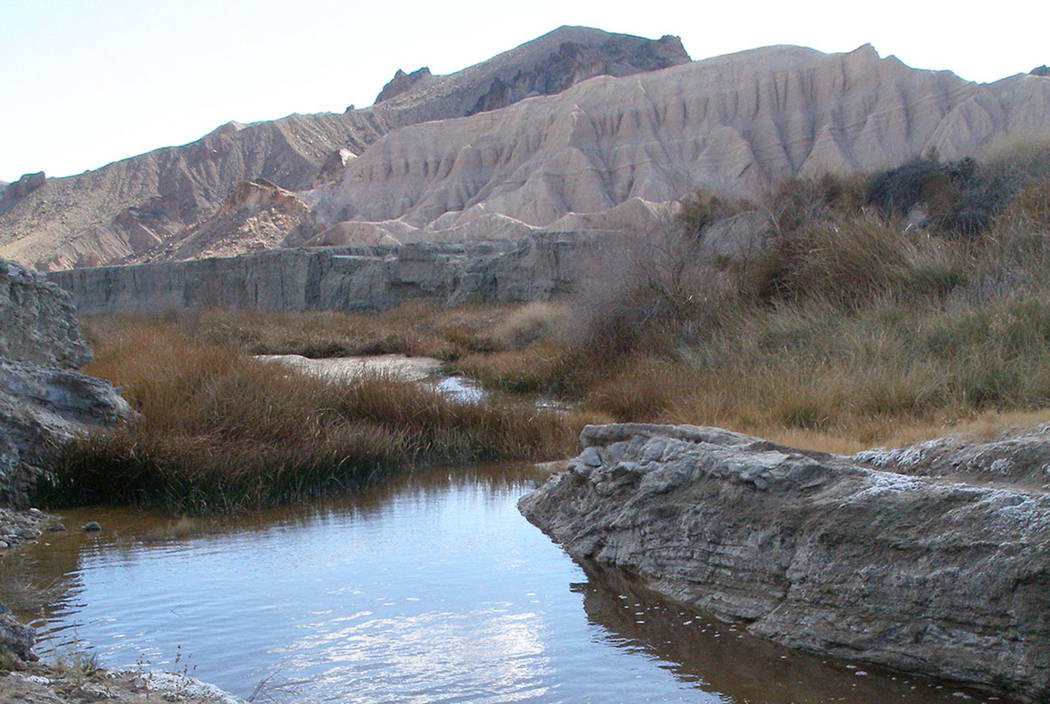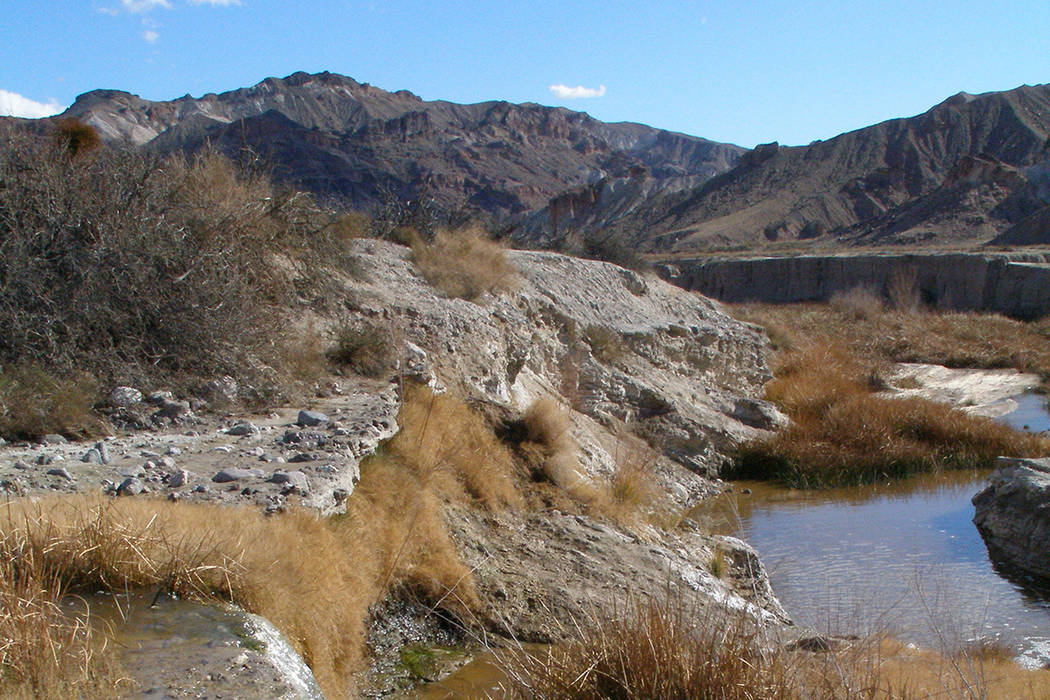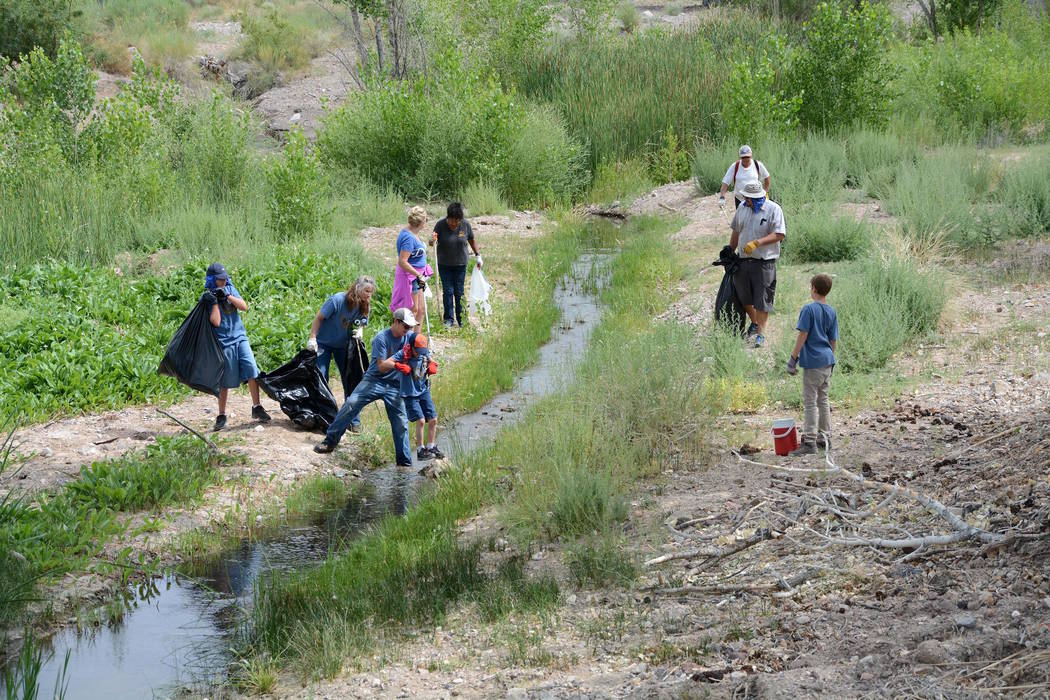New deadline set to protect 8 rivers, including Nevada’s Amargosa
Federal regulators have agreed to a new 2024 deadline to enact protections for parts of eight rivers in California, including one that originates in Nevada, under a court settlement announced this month.
Congress designated portions of the Amargosa and seven other rivers as wild and scenic in 2009, but the U.S. Forest Service and the U.S. Bureau of Land Management never completed comprehensive management plans for them, as required by law.
The Center for Biological Diversity, a Tucson, Arizona-based environmental group, sued the two agencies over the plans in March.
Under the settlement agreement filed recently in U.S. District Court in Los Angeles, the BLM and the Forest Service committed to finishing the planning process by the end of 2024.
“This is a victory for some of Southern California’s most beautiful rivers. Too bad it took a lawsuit to get federal officials to do the right thing,” Ileene Anderson, a senior scientist with the Center for Biological Diversity, said in a statement.
“These waters and ecosystems are lifelines for imperiled plants and animals. They provide respite and recreation for all of us, and we need the government to protect these special places for our kids and grandkids.”
The Amargosa River originates in the Oasis Valley, north of the Nye County town of Beatty, and flows mostly underground into California. It winds its way into the southern end of Death Valley, where it empties into the Badwater Basin, the lowest point in the Western Hemisphere at 282 feet below sea level.
The wild and scenic portion of the river runs for about 25 miles from the tiny town of Shoshone, California, to Dumont Dunes.
The original designation was backed by conservationists and a coalition of local residents and business owners who saw it as a way to protect the Amargosa and boost tourism without significantly changing how public land along the river was already being used.
The settlement allows additional time for the BLM and the Forest Service to finish their work in the event of a government shutdown or other “lapse in appropriations that fund the Department of Agriculture and the Department of the Interior.”
No money will change hands because of the deal. The two sides agreed to cover their own legal fees and costs.
Wild and scenic settlement
Under a court settlement announced Friday, the U.S. Forest Service and the Bureau of Land Management have agreed to a new 2024 deadline to complete management plans for more than 100 miles of wild and scenic rivers in California.
The eight waterways designated as wild and scenic in 2009 and subject to the settlement are:
— 25 miles of the Amargosa River in Inyo and San Bernardino counties, including critical habitat for an endangered rodent (Amargosa vole), endangered plant (Amargosa niterwort) and two endangered birds (least Bell's vireo and southwestern willow flycatcher)
— 20 miles of the Owens River headwaters in Inyo County
— 20 miles of Cottonwood Creek in Inyo County
— 7 miles of Piru Creek, a tributary of the Santa Clara River in Ventura County
— 10 miles of the North Fork of the San Jacinto River in Riverside County
— 3.5 miles of Fuller Mill Creek in Riverside County
— 8 miles of Palm Canyon Creek in Riverside County
— 10 miles of Bautista Creek in Riverside County



















